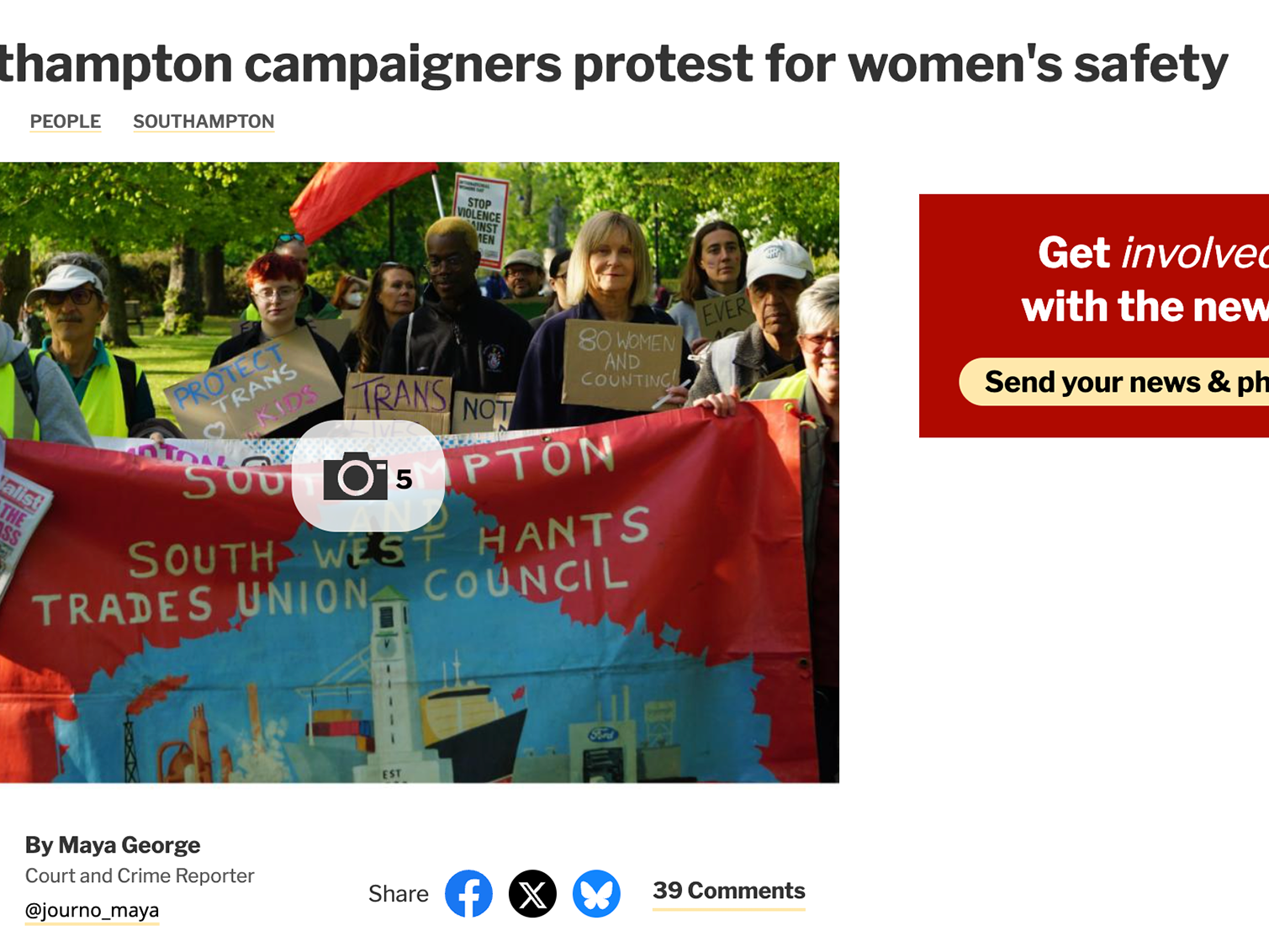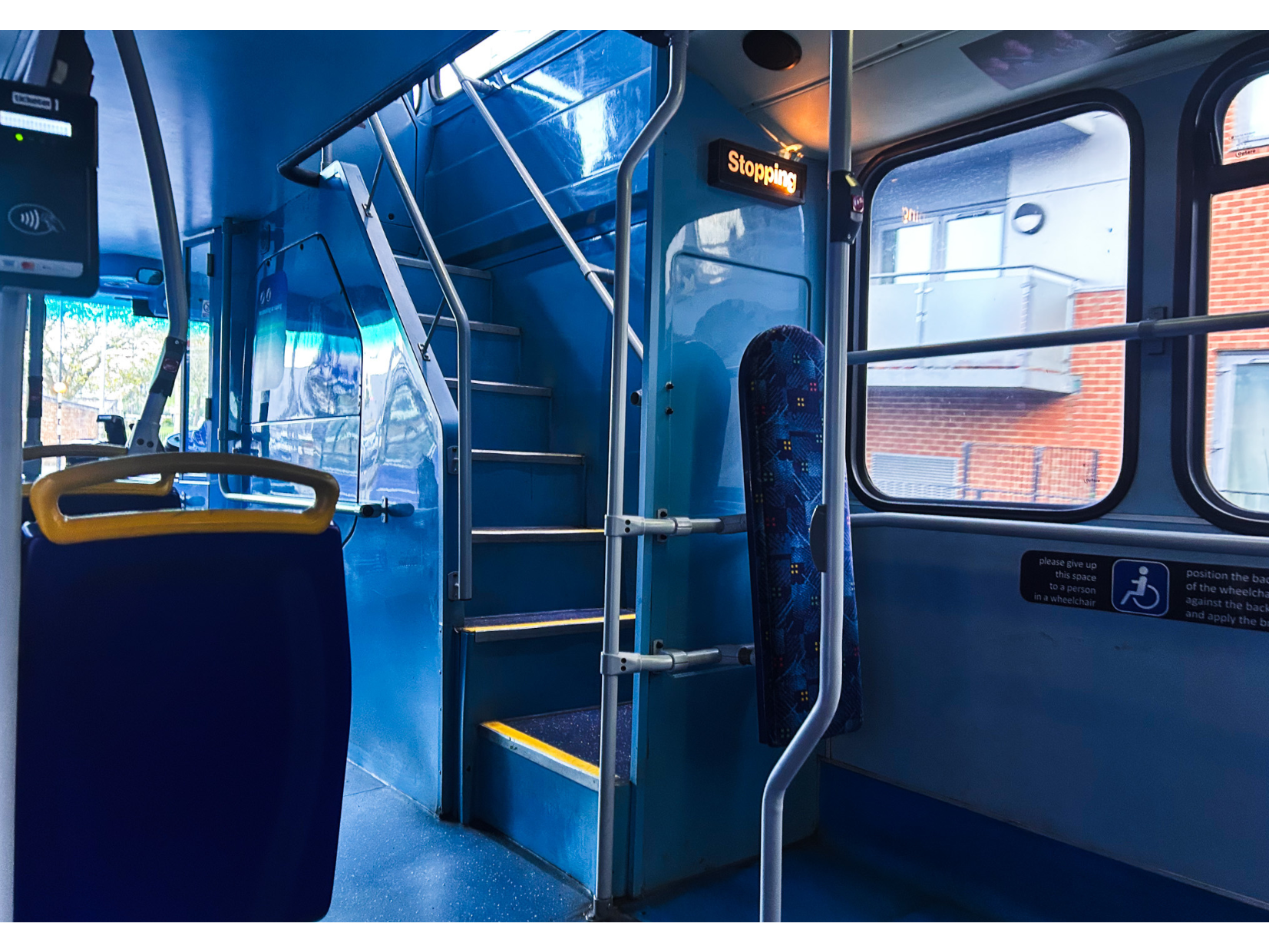On April 19th, in Guildhall Square in Southampton, The Places We Fear campaign became a rally, the event called for urgent action to make public spaces safer for women and girls. Participants gathered to advocate for better street lighting, more visible CCTV, and stronger safety measures across the city — confronting the reality that violence against women is too often accepted as inevitable rather than preventable.
The march was a natural and vital extension of The Places We Fear campaign’s mission: to highlight the everyday locations where women have been subjected to violence and harassment, and to demand change. Just like the campaign’s use of photographed locations and survivor testimonies, the march physically reclaimed those same spaces, refusing to let fear dictate who can occupy the city streets after dark. It brought the hidden experiences of countless women into the public eye, reminding policymakers and the community alike that safety is a right, not a privilege.
This action was important not just symbolically, but practically. Every voice raised, every step taken was a challenge to a culture that too often normalizes violence against women. It served as a call to Southampton’s leaders to listen, act, and invest in real solutions. By turning collective fear into collective power, the march embodied the spirit of The Places We Fear — that through solidarity, visibility, and persistent pressure, change is possible.
As part of the evening, I welcomed two powerful speakers: Steph Richards and Margaret Williams from the Fawcett Society Hampshire and Isle of Wight. Their presence at the march added a vital dimension, linking the fight for safer public spaces to the wider struggle for gender equality. The Fawcett Society, as the UK’s leading charity campaigning for gender equality and women’s rights, has long been at the forefront of challenging systemic inequalities. Their involvement reminded us that the right to safety is inseparable from the broader fight for women’s freedom, dignity, and autonomy.
Both Steph and Margaret are also prominent figures within WASPI (Women Against State Pension Inequality), highlighting another layer of injustice faced by women — particularly the way older women have been failed by government policy. Their participation underlined that violence and inequality against women do not exist in isolation; they are connected across generations, through public policy, public space, and everyday experiences.
Including Fawcett and WASPI voices at the march emphasised that The Places We Fear is not just about isolated incidents, but about a society-wide culture that needs to change. It showed that demanding safer streets for women today also means fighting for structural change, greater accountability, and respect for women’s rights across every stage of life.
Above is the speech I gave at the rally I hosted as part of The Places We Fear.


